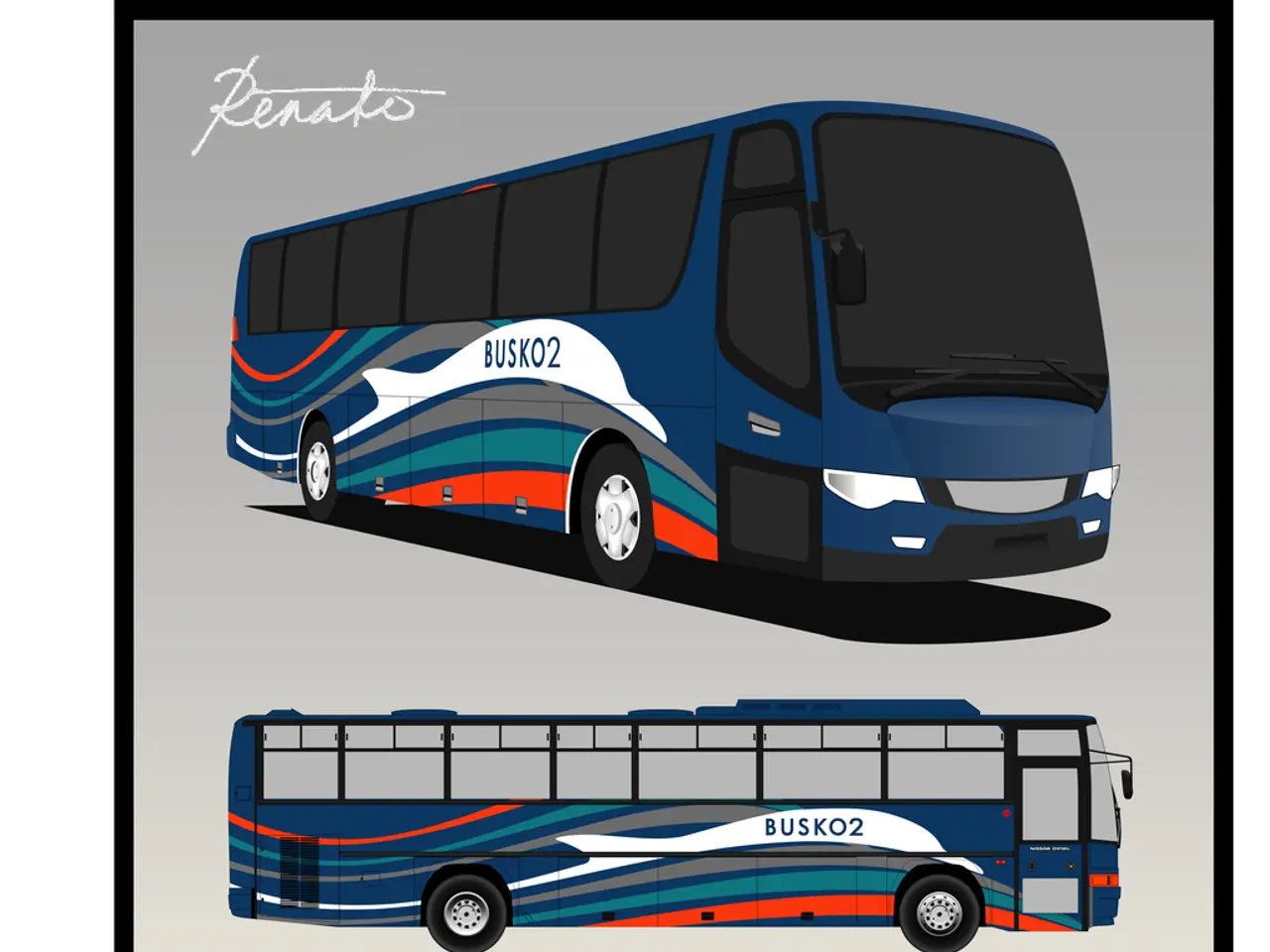BYD Unveils eBus 3.0 Platform With Blade Battery Tech
BYD has unveiled its latest electric bus platform, the eBus 3.0, featuring advanced Blade battery technology and two new vehicle models at Busworld. The platform aims to enhance safety, energy efficiency, and range flexibility.
The eBus Platform 3.0 integrates BYD's Blade battery technology, reducing vehicle weight and increasing rigidity by integrating the battery into the chassis. This innovation, along with five main elements – modular chassis, improved axle system, thermal management, consolidated controller unit, and flat wire electric motors – contributes to the platform's enhanced performance.
BYD showcased two new vehicles at Busworld: a 12-metre Intercity High-Floor Bus and an 18-metre Articulated eBus. The company aims to deliver vehicles with lower energy consumption, simplified servicing, and extended operational life. To support this expansion, BYD is expanding its electric bus factory in Hungary and establishing a battery support workshop in Milton Keynes, UK.
The platform incorporates three new innovations: Intelligent Body Control, Blowout Control System, and Smart Regenerative Braking. BYD is positioning itself as a vertically integrated supplier, developing chassis, motors, controllers, and thermal systems in-house. This allows for greater flexibility and control over the production process.
With the introduction of the eBus Platform 3.0, BYD is expanding its electric bus business in the UK and Europe. The platform's advanced features, such as Blade battery technology and integrated innovations, are expected to improve safety, energy efficiency, and operational life, making BYD a strong contender in the electric bus market.
Read also:
- India's Pragmatic Budget: Sitharaman Aims to Revitalise Growth, Alleviate Distress
- Eric Dane Diagnosed with ALS, Advocates for ACT for ALS
- Deepwater Horizon Oil Spill: BP Faces Record-Breaking Settlement - Dubbed 'Largest Environmental Fine Ever Imposed'
- Meta Unveils Ray-Ban AR Display Sunglasses; TikTok Agrees to $200 Million Deal




